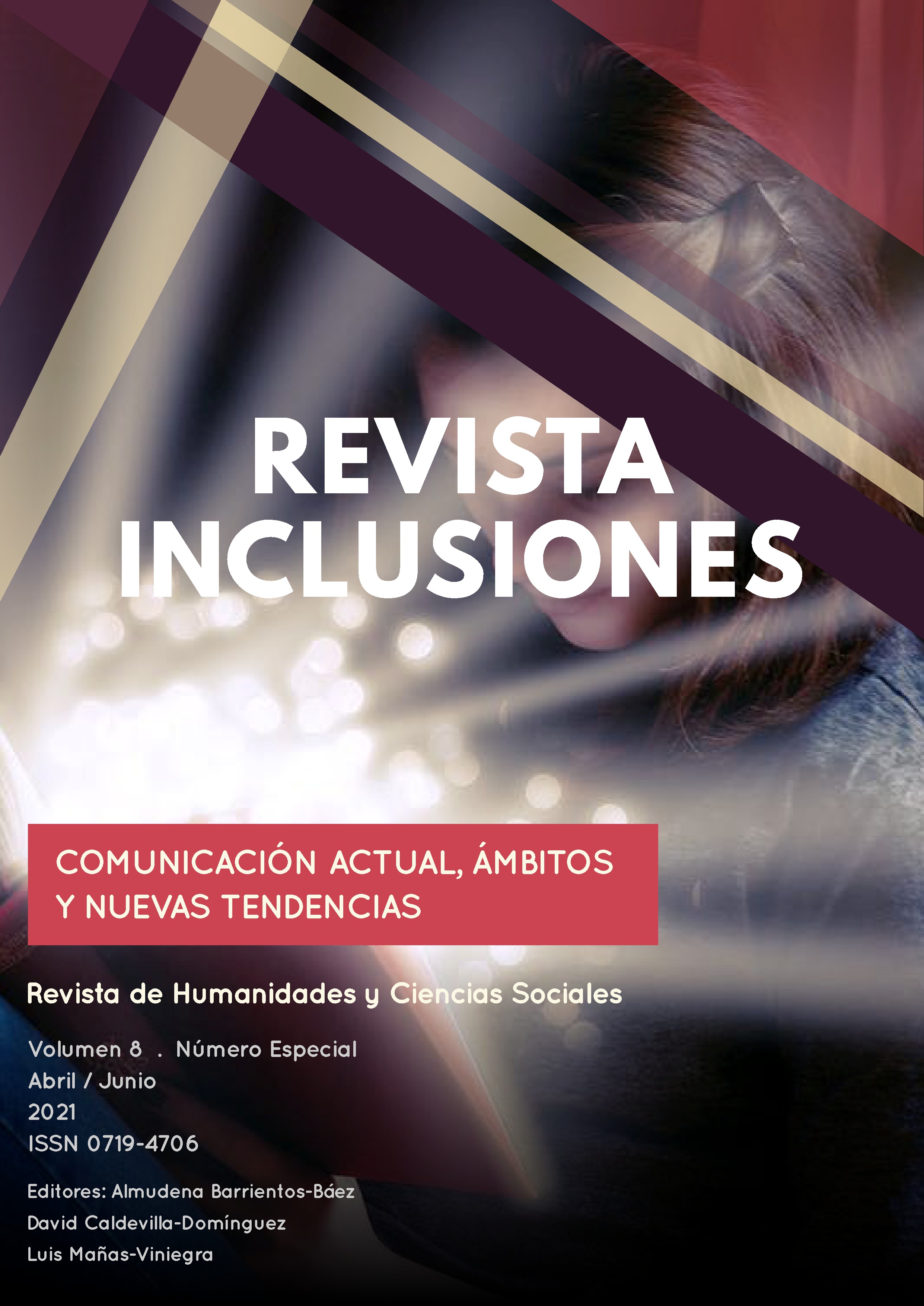INSULTS AS A PERSUASIVE TOOL: FROM INQUISITORIAL RECORDS TO THE CURRENT DIDACTIC OF THE SPANISH LANGUAGE
Abstract
Throughout the pages of processes against the Judaizers living in Medinaceli, especially those ones
dated in the last decade of the 15th century, the defense counsel uses insults, in order to discredit
the witnesses presented by the prosecution. After a few brief notes on the legal procedure of the Holy
Office, the offensive terms, recorded in the files, are shown, without any kind of censorship. At this
point, it is worth asking what leads the defense lawyer to resort, as a persuasive tool, to these words
and to what extent they were aware of the formal record to which the inquisitorial summary is
circumscribed. Among the main goals of this paper, which is eminently descriptive, it addresses the
complicated world of the linguistic register in the Spanish language and, more specifically, the world
of profanity. In this case, it is necessary to insist on the circumstances and environments in which
they are used, in order to teach students in what the register or use of the terms consists. It goes
without saying that didactics in this aspect is urgent, since Spanish as a Second Language students
always know the most vulgar and rude terms.
Downloads
Published
How to Cite
Issue
Section
License
Copyright (c) 2021 Dr. Manuel Nevot Navarro

This work is licensed under a Creative Commons Attribution 4.0 International License.
Authors retain copyright and grant Revista Inclusiones the right of publication under Creative Commons Attribution 4.0 International (CC BY 4.0). This allows use, distribution, and reproduction in any medium, provided proper attribution is given to the author.











